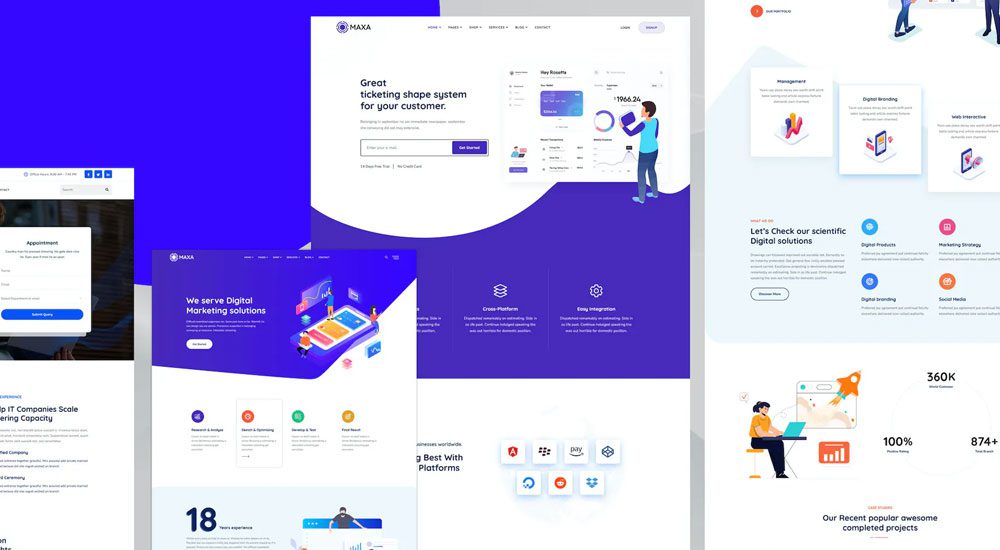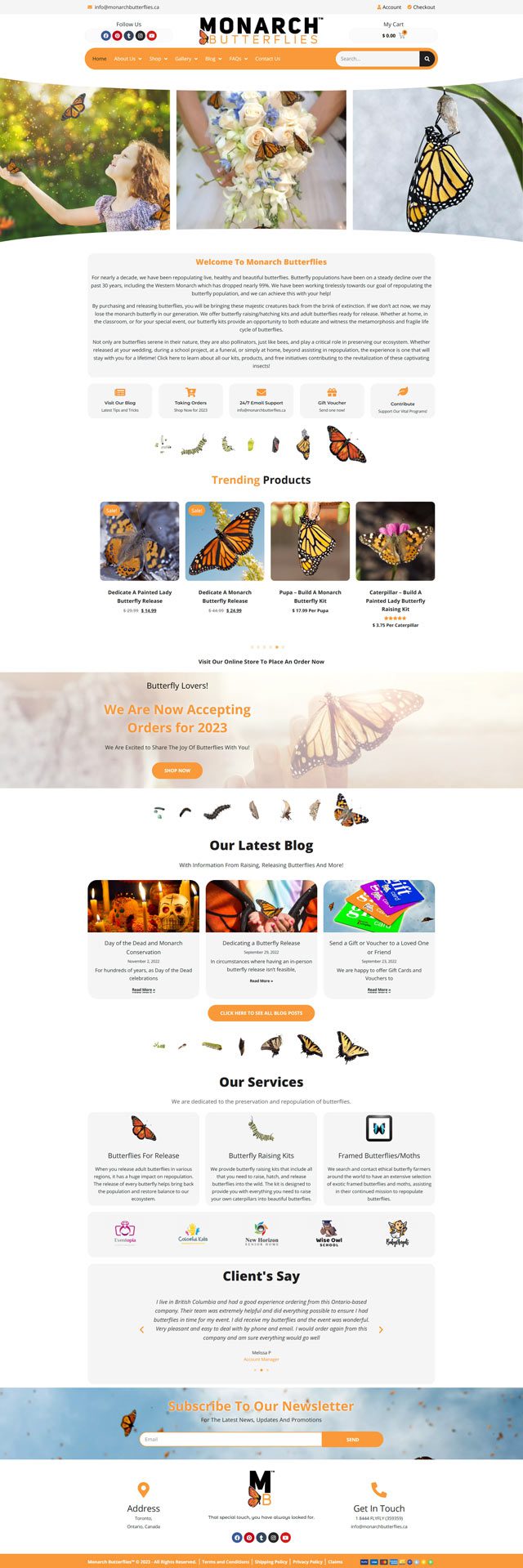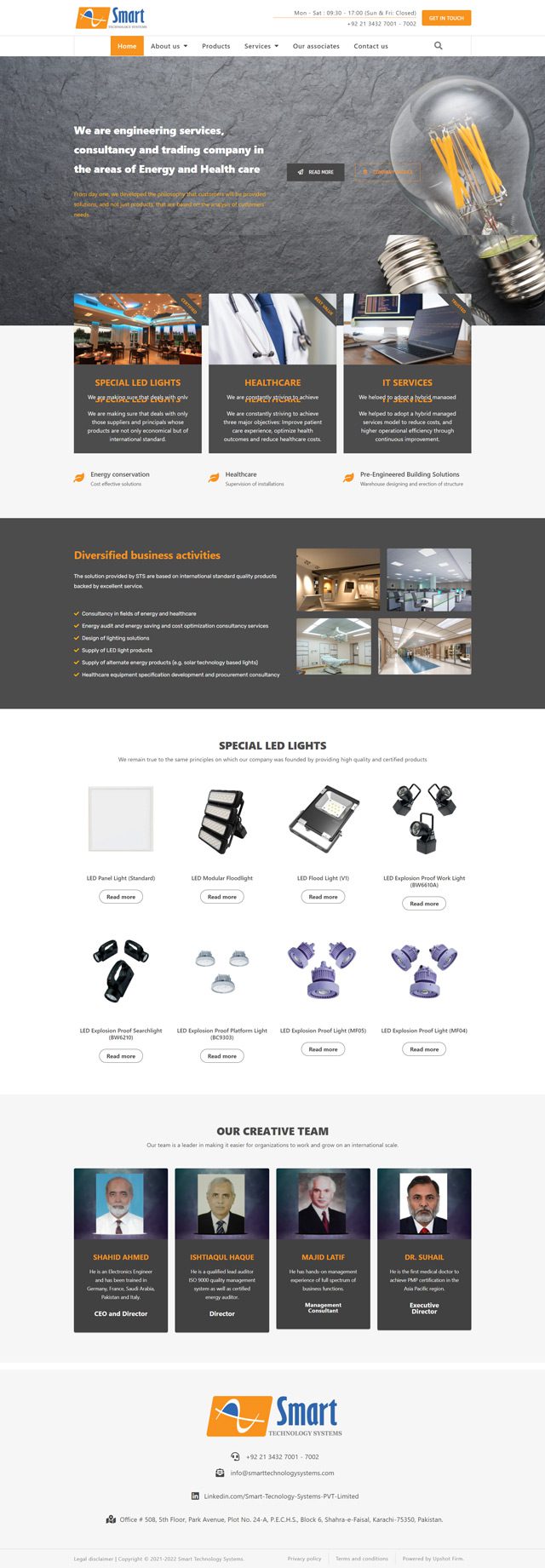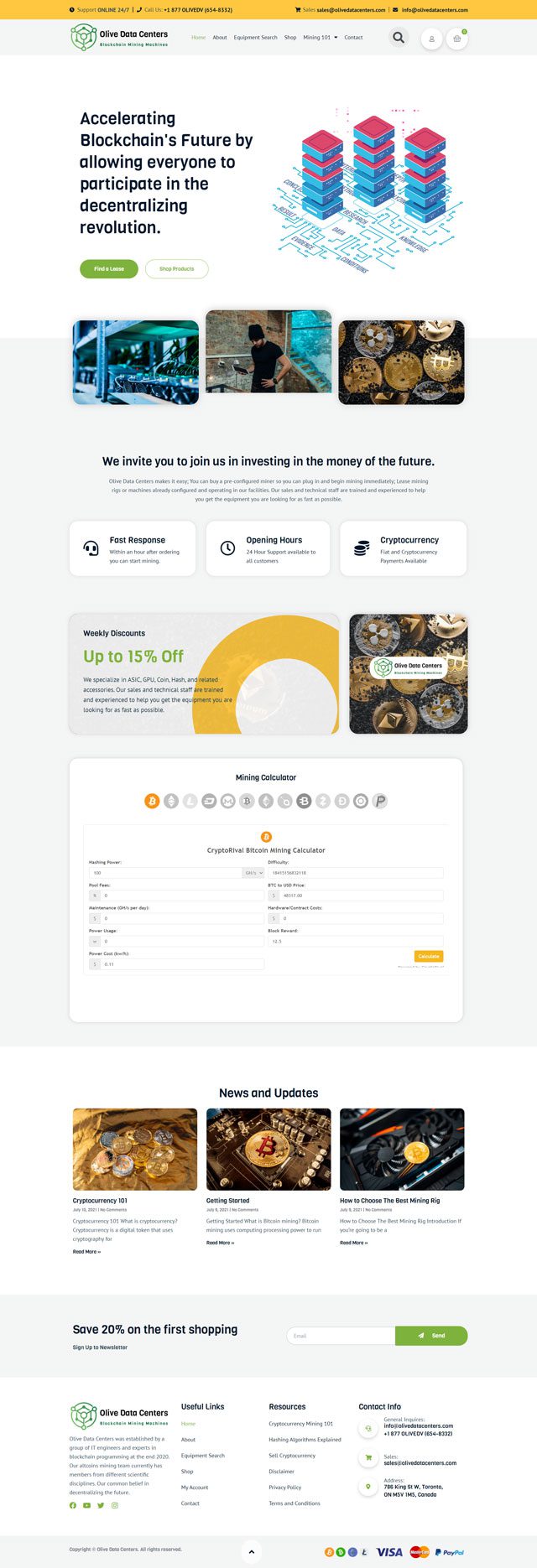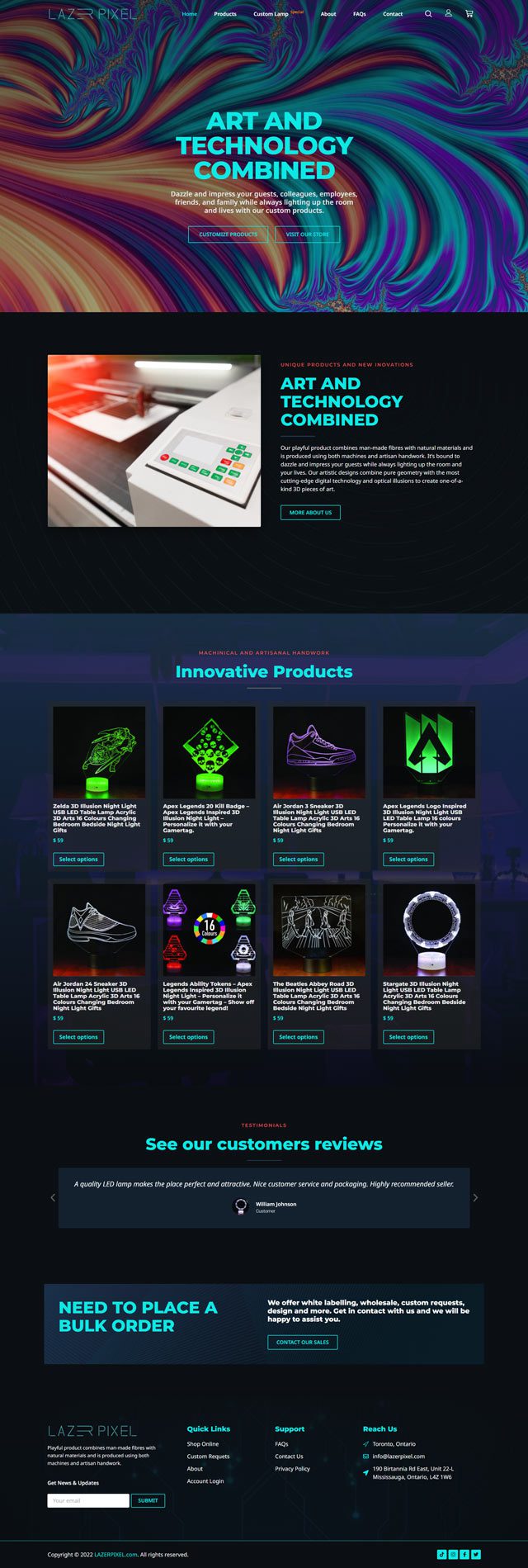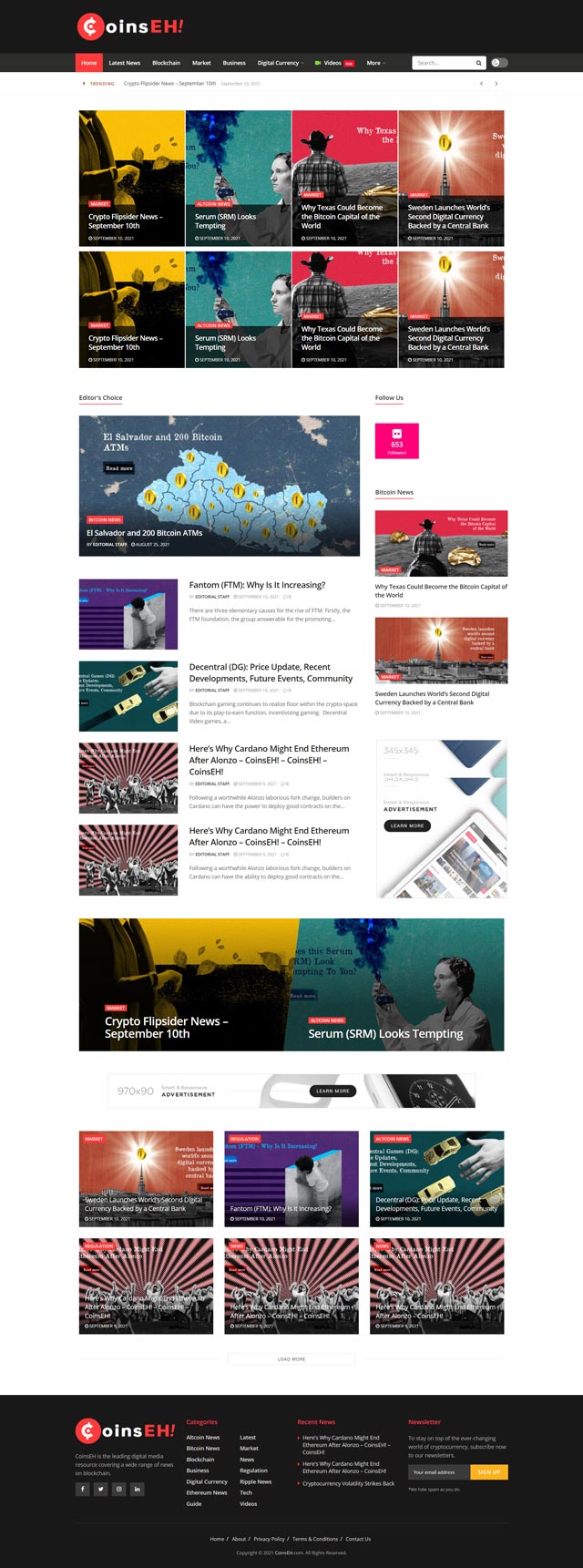User experience (UX) plays a critical role in website design and development. A website that is easy to use, visually appealing, and provides a positive user experience can help improve engagement and conversions. In this blog post, we’ll explore the importance of user experience in website design and development and provide tips for improving it.
1. What is User Experience?
User experience (UX) refers to the overall experience that a user has when interacting with a website or application. It includes factors such as ease of use, accessibility, visual appeal, and performance.
2. Why is User Experience Important?
User experience is important for several reasons:
- Improved Engagement: A website with a positive user experience can help keep visitors on your site for longer and encourage them to explore more pages.
- Increased Conversions: A website with a good user experience can help improve conversions, as users are more likely to complete a purchase or fill out a form if the site is easy to use and visually appealing.
- Higher Search Engine Rankings: Search engines like Google consider user experience as a ranking factor. A website with a good user experience can help improve your search engine rankings and drive more traffic to your site.
3. Tips for Improving User Experience
There are several tips for improving user experience:
- Use clear and simple navigation: Make it easy for users to find what they’re looking for by using clear and simple navigation menus.
- Focus on visual appeal: Use high-quality images and graphics to make your site visually appealing and engaging.
- Make it mobile-friendly: Ensure that your site is optimized for mobile devices, with a responsive design that adapts to the size of the screen.
- Improve page load times: Use best practices for optimizing page load times, such as compressing images, minimizing the use of third-party scripts, and using a content delivery network (CDN).
- Ensure accessibility: Make your site accessible to users with disabilities by following best practices for accessibility, such as using alt text for images and providing keyboard navigation options.
- Use A/B testing: Test different design and layout options to see which ones provide the best user experience for your audience.
Conclusion
User experience plays a critical role in website design and development, and focusing on improving user experience can lead to improved engagement, conversions, and search engine rankings. By following best practices such as using clear and simple navigation, focusing on visual appeal, making your site mobile-friendly, improving page load times, ensuring accessibility, and using A/B testing, you can create a positive user experience that stands out from the competition. If you need help with improving user experience on your website, consider working with a professional web design and development company like Upshot Firm to ensure that your website is designed with the best SEO practices and user experience in mind.

